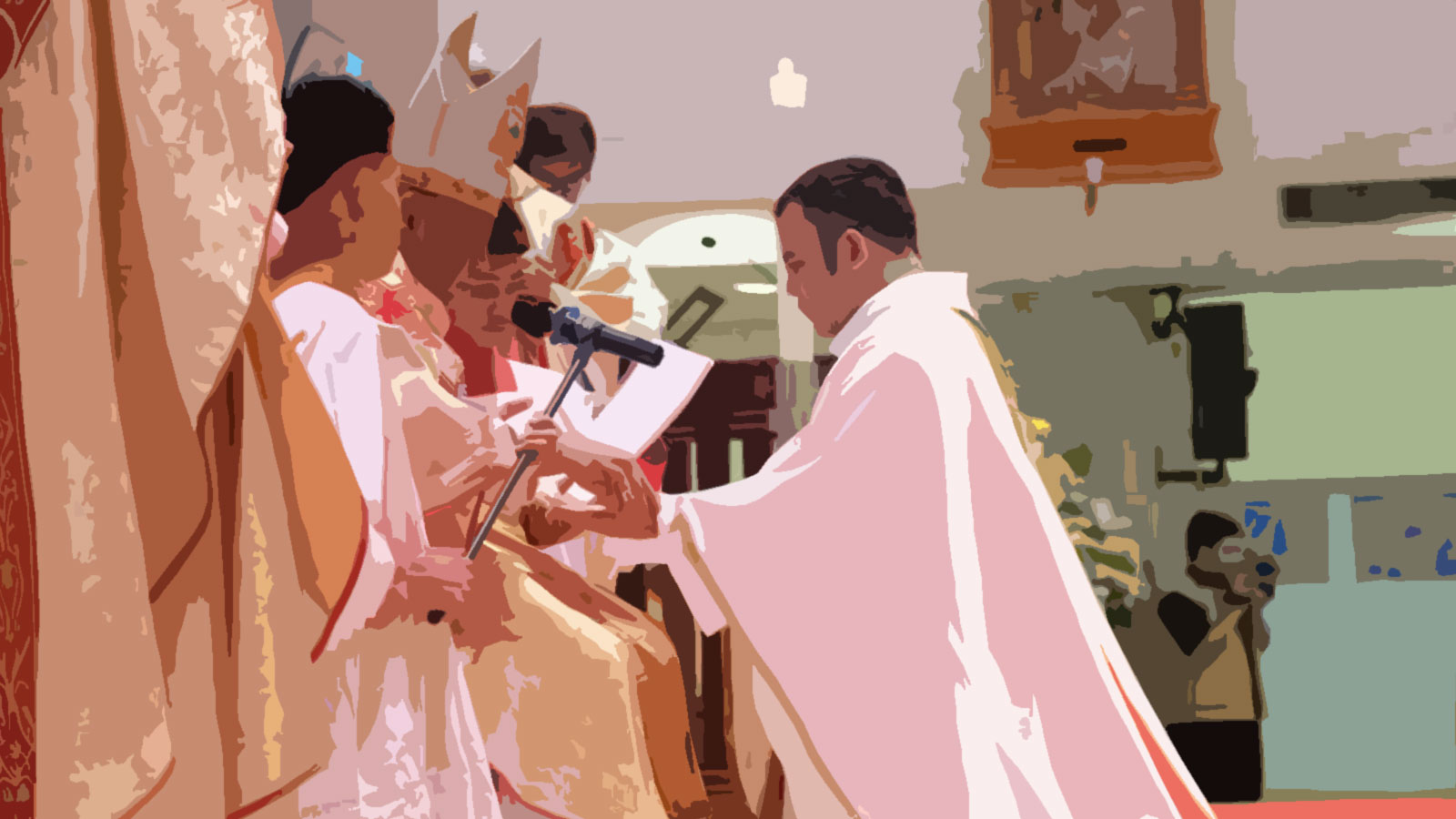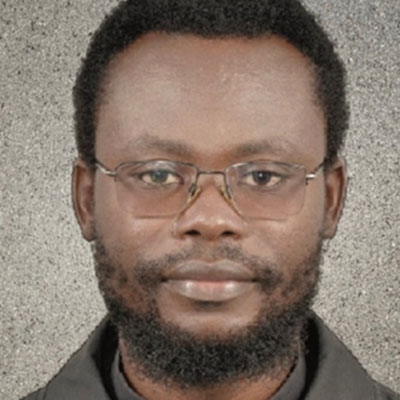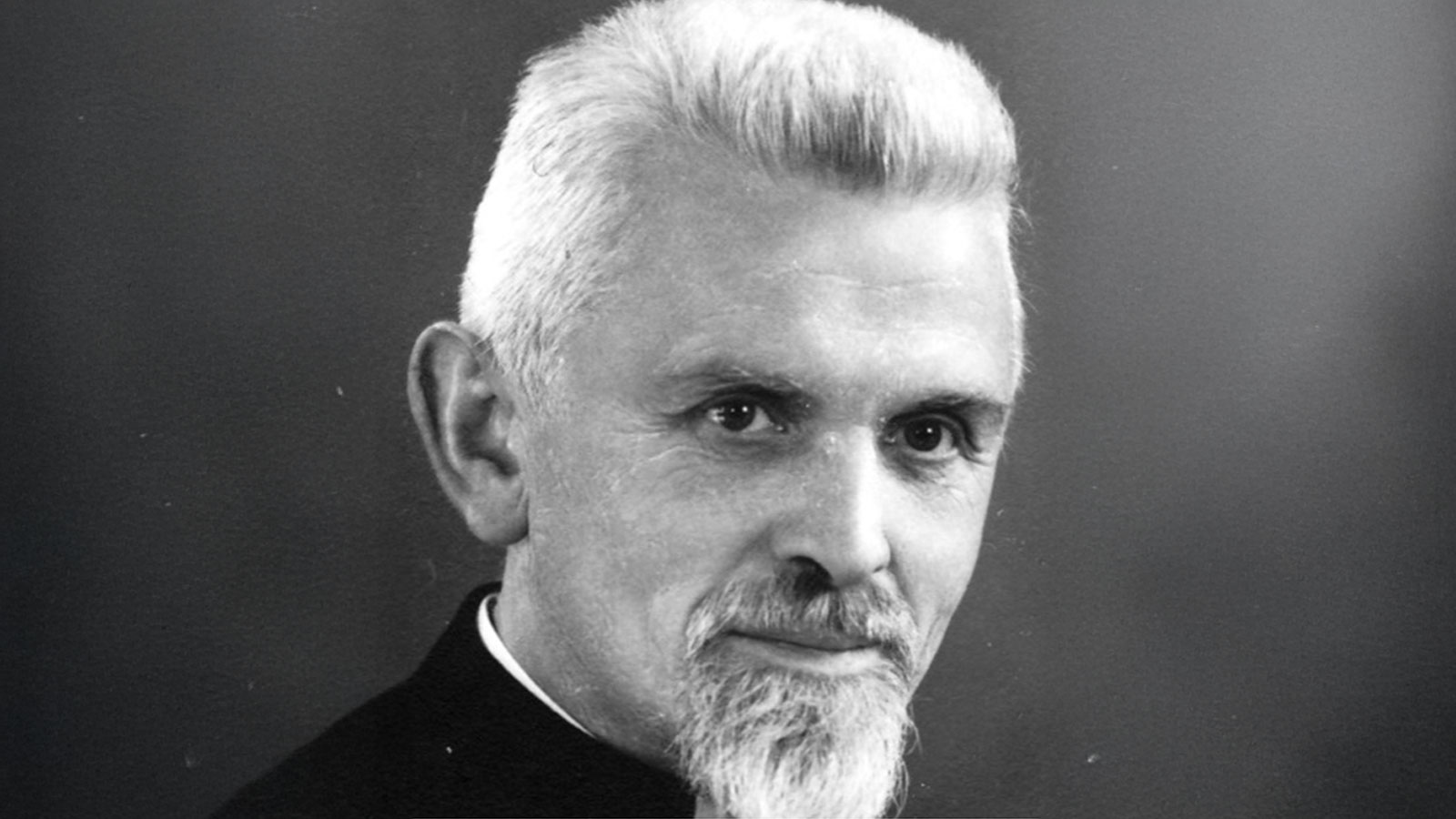 By Alexandre Kakolo Beya, cicm
By Alexandre Kakolo Beya, cicm
I was appointed as the national chaplain of the Kiro Youth Movement in 2003. It’s was a big challenge for me to be in charge of this Catholic Youth Movement founded by a Belgian Missionhurst missionary in Holy Family Parish, Cerca-Carvajal, in the Central part of Haiti. I had to learn not only about my responsibilities as national chaplain, but also about the Kiro Youth Movement itself.
One day, during the celebration of the anniversary of a local Kiro group in Port-au-Prince, the parent of a Kiro member told me: I’m proud of my son because he joined the Kiro Youth Movement. I asked him what Kiro had done for his son. Then he told me that before he had joined Kiro, he used to misbehave and often fought with other kids. But now, after becoming a member of Kiro , he has changed completely: he has become more polite and respectful towards his friends and other people. From that time on, I began to understand the value of the Kiro Youth Movement for children and young people and its influence on Kiro members and other people that they interact with.
In 2006 we held a reflection in view of the preparation and the celebration of the Kiro’s fiftieth anniversary. We reflected on the impact of the Kiro training, I became more aware of the important role that the Kiro Youth Movement played in the formation of children and young people from all social levels. Several Kiro members and former Kiro members did not hide their satisfaction with the human and Christian values they learned in Kiro. They witnessed how these values helped them to be more responsible in their lives, families, schools, work, etc. This is due to fact that the main goal of the Kiro Youth Movement is to make children and young people live in Christ so that they become good Christians and committed citizens serving their Church and Country. The word “Kiro” refers to the first two letters of the Greek word which were used by the first Christians to refer to Christ (XRISTOS).
How has Kiro helped children and young people? The Kiro Youth Movement is a place where all the children and young people, regardless of their social level, are welcomed and accompanied according to Christian values.
Through all Kiro activities such as weekly meetings, games, themes, annual camps for Kiro members and formation camps for local leaders, they are taught how to live together, to respect each other, to take up their responsibilities in school, their families, and communities. Members must make decisions and choices that help them grow integrally wherever they are, because they are Christ’s followers, Christ soldiers. They live to love and serve, making Jesus Christ the main goal of their life.
Because of the great significance of the Kiro Youth Movement, we gave heart and soul to celebrating its 50th anniversary with a program that stretched out over three years, from 2007 to 2010. In fact, Kiro is a national Youth Movement which is present in all the provinces or dioceses of Haiti... It has over 600 local groups and more than 62,000 members. That’s why in 2005, we elaborated preparatory and celebratory program on the local, regional, diocesan, and national levels to celebrate this great anniversary. We officially launched the celebrations for the 50th anniversary in November 2007 on the Feast of Christ the King, the patron of Kiro members. We organized many activities to reflect on the impact of the formation Kiro offers to children and young people in Haiti, so that we can accompany them better, helping them to deal with their concerns, worries and future projects. We also held many activities to spread the word about the Kiro Youth Movement in the Haitian society.
Through all these activities, we helped the Kiro members to become more involved in service of others through Christ, especially in order to build a just and brotherly society. Everyone has his rights and duties in mutual respect and in searching for the common good. This is very important because in this society, where there are not many good role models, where people are often victims of exploitation and injustice, and where there is poverty, division, corruption, selfish- ness, Kiro training empowers these thousands of children and young people to act responsibly for their human and Christian growth and for the wellbeing of their communities. We understood the need to look for more and better means to accompany these children and youth. That is why we committed ourselves to building a youth training center. The Haitian government, in recognition of our formation work with children and young people, gave us a plot of land on which to build this Center.
The preparation and celebration of Kiro’s golden anniversary met with many obstacles. Between 2008 to 2010, many natural disasters hit Haiti. We will never forget 2008, the year that 4 hurricanes hit the country. Then in 2010, the terrible earthquake on January 12th followed by hurricane Thomas and the cholera epidemic as well. All of these caused considerable damage and many deaths, some of them Kiro members with whom we had been preparing our celebrations. In all we lost some 70 Kiro members, victims of the January 2010 Earthquake. May their souls rest in peace.
All of these events hit us incredibly hard, and we often asked ourselves if it was really worthwhile carrying on with the preparations. However, along with these terrible events, there were strong moments of solidarity and mutual help. Even if Kiro members were victims of the earthquake, even if they lost their family members, their friends and their houses, they involved themselves, according to their Kiro training, in relief services for the victims of these disasters and in the reconstruction of the country after the earthquake.
In the early hours after the earthquake, when people were crying not knowing what to do, when there was no electricity, no water, no communication, many Kiro members were present to rescue people from collapsed houses, to take injured people to hospitals, to set up shelters and bring food and water to people who had lost their houses. Local Kiro groups visited their members and families to encourage them. Kiro members were talking with people, praying with them, and especially playing games to encourage children and young people in the refugees’ camps. 
So, we worked on comforting our suffering brothers and sisters. We said to ourselves: no catastrophe, especially not an earthquake, can destroy our projects. Rather, it gave them new meaning, a new perspective. Therefore, we gave an important place to the victims of all these disasters in the preparation and celebration of Kiro’s 50th Anniversary. The golden jubilee taught us to work together, to unite in order to help the victims of the disasters: cleaning flooded cities, sharing tents, distributing food and water, building shelters, giving psychological assistance, campaigning for the prevention and treatment of cholera. Taking care of the victims of the earthquake and hurricanes became part and parcel of our preparation and celebration.
For the closing celebration on national and diocesan level, we chose the theme “ Kiro, 50 years in the service of Christ, let’s celebrate it with love” ( Kiwo, 50 an nan sevis Kris la, ann fete l nan renmen). We can work together to make things better despite disasters, the loss of human lives and destruction. That’s why we could also participate with other Youth Movements, in the formation of aa national Council of Haitian Youth. We decided to work together in order to better promote young people’s interests and to contribute as Youth Movements to the well- being of Haitian society.
All the training camps we had planned for the celebration of the golden anniversary of Kiro all over the country, became places where we gathered together local Kiro leaders to help them understand the destructive forces of nature and to teach them what they should do before, during and after such events. In fact, in the more remote areas of the country where there is no media available and many people believe that natural disasters are God’s punishment, Kiro members were instrumental in teaching people in their communities what they had learned about natural disasters and the people’s responsibilities towards the environment and how to protect themselves from such disasters.
In spite of these disasters, we were able to hold all of our planned activities and to close the golden jubilee celebrations. We built and inaugurated a monument marking the 50th anniversary of Kiro in Cerca- Carvajal, in the central part of Haiti where Kiro Haiti was founded. Members from all around the country gathered to remember Father Joseph Berghmans, the Belgian Missionhurst missionary who founded the Kiro Youth Movement in Haïti and Father Noel Martens, another Belgian Missionhurst missionary who was Kiro’s first national Chaplain.
This inauguration was followed by a national congress from November 11 to 14 where we started reflecting on the next 50 years of Kiro. During the congress there were several activities, such as a National Kiro Fair. On November 21, 2010, the day of the golden jubilee and the Feast of Christ the King, there were several diocesan socio-cultural and religious activities to mark the end of these celebrations that had lasted, including the preparations, almost five years.
I would like to close with an enormous «Thank You» to everyone, to all the organizations and institutions that have helped us to realize and celebrate Kiro Haiti’s golden jubilee, especially Missionhurst promotion with all its benefactors. Thank you too, to all the Kiro members who gave their best despite the hard times, for holding Kiro Haiti’s torch high.
The celebration is over, but the work continues. We still believe strongly in the necessity of accompanying children and young people according to Christian values. It’s one of the best ways to make them responsible for themselves and for the society in which they are living in and in which they are called to take up their responsibilities at all levels. With Kiro training and Christ’s Gospel, they will be able to face this challenging world with its difficulties and its promises.







